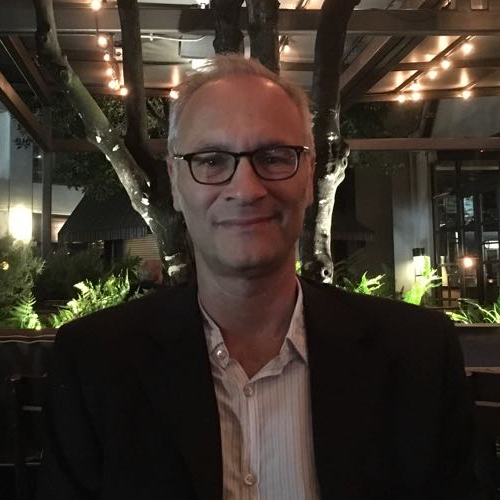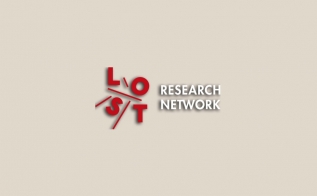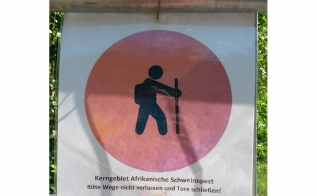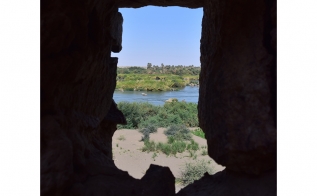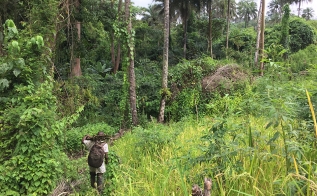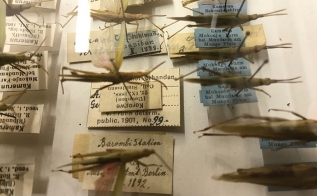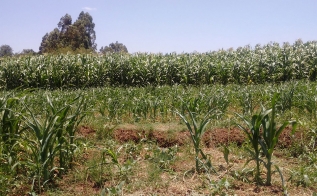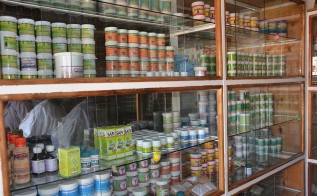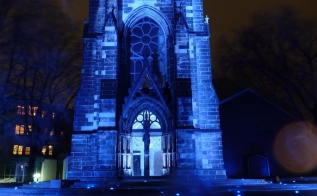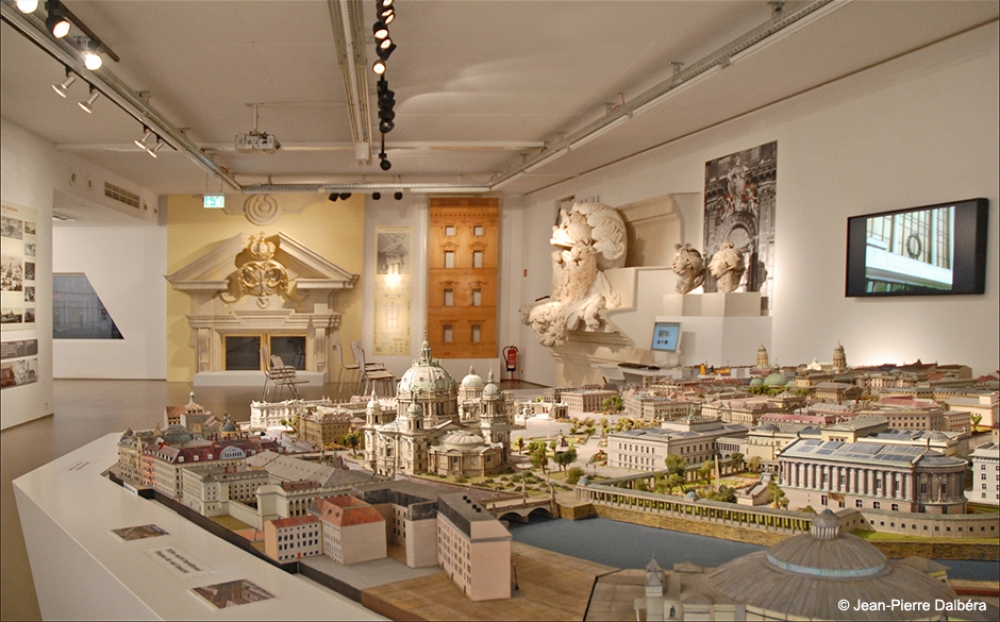
Description
Historical and cultural studies today are obliged to engage in self-reflection and self-criticism to detect the limitations of modernity. Modernity was (and still is) both: the project of enlightenment and improvement of general living conditions for the present and the future, but also the process of creating social, technical and economic inequalities. While the brothers Alexander and Wilhelm von Humboldt certainly stand for the former, systemic dysfunctionalities are responsible for the latter. On the one hand, this means questioning the idea of unlimited progress by analyzing the consequences of industrial revolution and the post-industrial age. On the other hand, the reappraisal of the colonial past has shown that strategies of comprehensive exploitation of nature and human labor were already developed and applied in the pre-industrial age. These strategies were based on forms of domination during European feudalism and its self-image of scientific, technical and cultural superiority. Clarifying the entanglement of European culture and science in these hegemonic structures is therefore another crucial project for Western societies. This is where my project comes in. It consists of bringing together two perspectives that coincide with the interests of the Humboldt Forum. I have been researching alternative conceptions of nature in Latin America for years. Buen Vivir and Sumak Kawsay are such concepts, and they have made it into the state constitutions of Bolivia and Ecuador. Both concepts see themselves as alternatives to strategies of capitalist modernization. As climate change demonstrates, such alternative conceptions of nature and society are necessary to reshape global social contexts. I am interested in how cultural and scientific forums respond to this demand. Related to this topic, I analyze intercultural communication and representation techniques that deal with post-decolonial arguments and strategies. When objects and cultural forms of knowledge have been appropriated, rewritten, or corrupted in colonial contexts, there is an obligation to make these processes visible and critically reflect on them. My project seeks to scrutinize how the Humboldt Forum deals with objects and symbolic forms deriving from colonial past.

